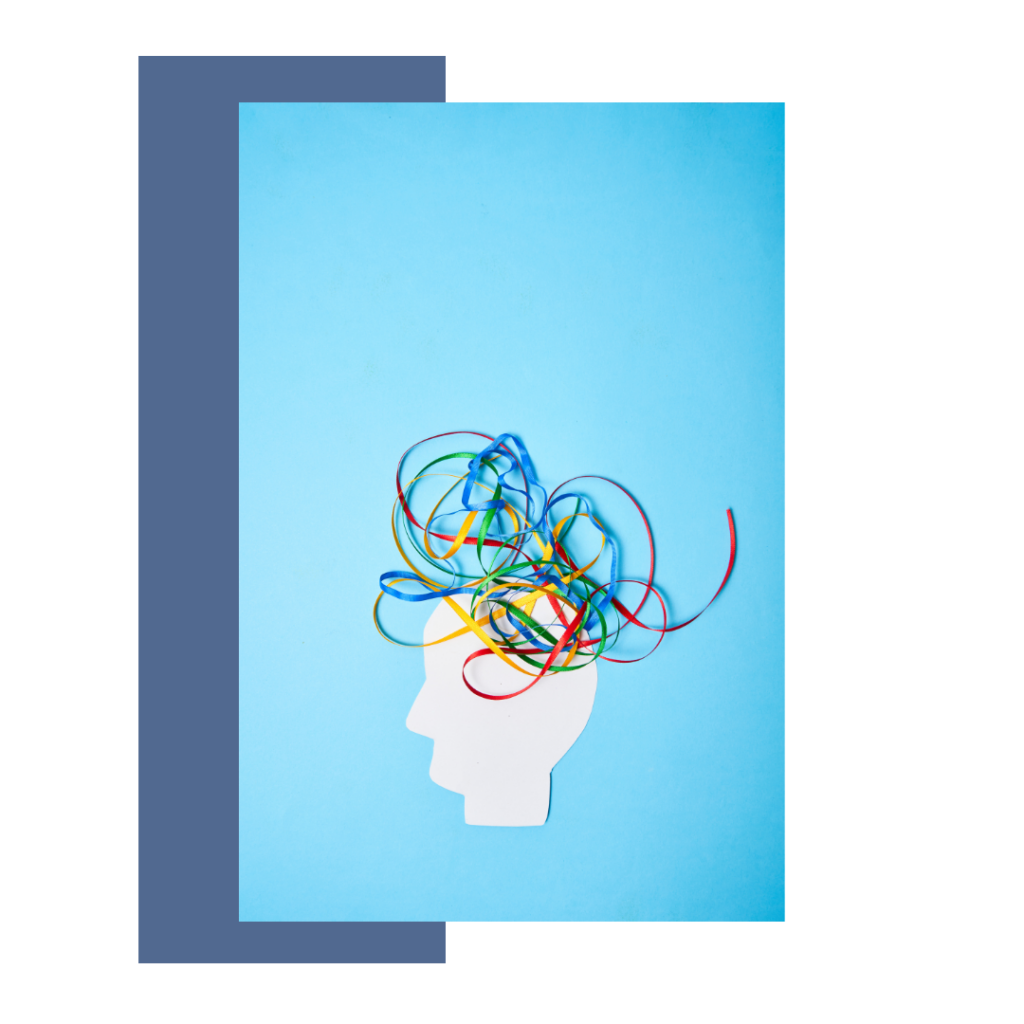
Understanding ADHD: A Comprehensive Guide
Attention-Deficit/Hyperactivity Disorder (ADHD) is a complex neurodevelopmental disorder that affects millions of people worldwide. While it is often associated with challenges, it’s important to recognize both the potential benefits and the strategies for managing ADHD effectively. This guide offers an in-depth look at ADHD, including its symptoms, diagnosis, treatment, and some interesting facts.
What is ADHD?
ADHD is characterized by persistent patterns of inattention and/or hyperactivity-impulsivity that interfere with functioning or development. It is commonly diagnosed in childhood but can continue into adulthood. ADHD is divided into three main types:
- Predominantly Inattentive Presentation: Difficulty sustaining attention, following through on tasks, and organizing activities.
- Predominantly Hyperactive-Impulsive Presentation: Excessive fidgeting, restlessness, and impulsive behavior.
- Combined Presentation: A mix of symptoms from both inattention and hyperactivity-impulsivity.
Symptoms of ADHD
Symptoms can vary widely but generally fall into two categories:
- Inattention:
- Difficulty sustaining attention in tasks or play activities
- Frequent careless mistakes
- Difficulty organizing tasks and activities
- Avoidance of tasks requiring sustained mental effort
- Losing things necessary for tasks and activities
- Easily distracted by extraneous stimuli
- Forgetfulness in daily activities
- Hyperactivity-Impulsivity:
- Fidgeting with or tapping hands or feet
- Leaving seat in situations where remaining seated is expected
- Running or climbing in inappropriate situations
- Inability to play or engage in activities quietly
- Talking excessively
- Interrupting or intruding on others
- Difficulty waiting for one’s turn
Benefits of ADHD
While ADHD can present challenges, it also comes with unique strengths:
- Creativity and Innovation: Many individuals with ADHD exhibit high levels of creativity and out-of-the-box thinking, often coming up with novel solutions and ideas.
- High Energy Levels: The hyperactivity associated with ADHD can translate into an energetic and enthusiastic approach to tasks, often leading to high levels of productivity.
- Hyperfocus: While ADHD is associated with distractibility, individuals can also experience periods of hyperfocus, where they concentrate intensely on tasks they find interesting.
- Resilience: Navigating the challenges of ADHD often fosters resilience, adaptability, and problem-solving skills.
Challenges of ADHD
ADHD can impact various aspects of life, including:
- Academic Performance: Difficulty with organization and attention can affect learning and performance in educational settings.
- Workplace Challenges: Inconsistent focus and impulsivity may present challenges in meeting deadlines and maintaining job performance.
- Relationships: ADHD symptoms can strain interpersonal relationships due to misunderstandings and communication difficulties.
How to Diagnose ADHD
Diagnosing ADHD involves a comprehensive evaluation by a qualified mental health professional or physician. The process generally includes:
- Clinical Interview: Discussing symptoms, developmental history, and how they impact daily functioning.
- Behavioral Assessments: Using standardized rating scales and questionnaires completed by parents, teachers, or significant others.
- Medical Evaluation: Ruling out other conditions that may mimic ADHD symptoms.
- Observation: Direct observation of behavior in different settings may be used to assess symptoms.
How to Treat ADHD
Treatment for ADHD often involves a combination of approaches:
- Medication: Stimulants (e.g., methylphenidate, amphetamines) and non-stimulants (e.g., atomoxetine) are commonly used to manage symptoms. Medication should be prescribed and monitored by a healthcare provider.
- Behavioral Therapy: Strategies to develop organizational skills, time management, and coping mechanisms. Cognitive-behavioral therapy (CBT) can be particularly effective.
- Parent Training: Helping parents implement effective strategies for managing their child’s behavior.
- Educational Support: Implementing accommodations and support in educational settings to assist with learning challenges.
- Lifestyle Adjustments: Regular exercise, a healthy diet, and structured routines can help manage symptoms.
Fun Facts About ADHD
- Famous Figures: Many successful individuals, including entrepreneurs, artists, and scientists, have had ADHD, showing that the condition doesn’t preclude high achievement.
- Neurodiversity: ADHD is considered a form of neurodiversity, reflecting the wide range of variations in human brain function and behavior.
- Genetics: ADHD tends to run in families, suggesting a genetic component to its development.
Conclusion
Understanding ADHD from a mental health perspective involves recognizing both its challenges and its potential benefits. With appropriate diagnosis and treatment, individuals with ADHD can harness their unique strengths and lead successful, fulfilling lives. If you or someone you know is experiencing symptoms of ADHD, consulting with a healthcare professional is a crucial step towards effective management and support.
